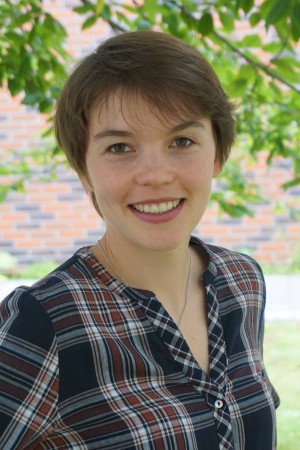




Understanding the regulatory mechanisms that underlie organismal function and development is a Iong-standing quest in the life sciences. lnterventional studies are key for this question and, recently, the combination of molecular profiling of individual cells with targeted genetic interventions using CRISPR has emerged as a powerful new toolset to study and probe regulatory mechanisms in a diverse set of model systems at high-throughput. However, we still lack computational approaches to learn molecular signatures of different interventions from the data, compare them across different contexts and unravel their interplay with dynamic processes such as cell differentiation and development. Additionally, these temporal/longitudinal patterns inherently impose statistical dependencies reflecting proximity or high-order structures, introducing novel modelling challenges and assumptions. In this project, I propose to build upon probatilistic factor models to develop statistical methods and computational tools for the inference and comparison of perturbation responses from single-cell CRISPR screens across different biological contexts with a particular focus on time course data.


